Calvin Bailey MP has issued one of the bluntest public assessments yet of the security situation facing the UK, arguing that Europe is not living through a pre-war moment but “already in the early stages of a prolonged hybrid conflict with Russiaâ€.
His warning sits alongside a new Defence Committee report that questions whether the UK can meet its NATO Article 3 obligation to resist armed attack.
Bailey, a retired RAF Wing Commander and now Labour MP for Leyton and Wanstead, describes a conflict already being waged through “cyber attacks, economic pressure, political interference, and societal disruptionâ€. He says European states must recognise this reality and treat Russian activity as an ongoing, long-term confrontation, not a future possibility.
His comments give sharper context to the Defence Committee’s findings. The recent report states that the UK’s ability to defend its homeland and Overseas Territories is under strain and criticises slow progress on the Home Defence Programme. It also warns that cross-government coordination on resilience is not yet fit for the threat environment.
Bailey calls for “urgent, deeper cooperation with the EU and European alliesâ€, arguing that national protectionism is incompatible with the scale of the challenge. The Committee’s own analysis highlights similar concerns, noting persistent underinvestment by European NATO members, continued dependence on the United States, and a defence industrial base that is not configured for sustained collective defence.
A major part of Bailey’s argument concerns public understanding. He says the Government must “raise public awareness about the threats we face from Russia and the vital role that society and industry play in building resilience and deterrenceâ€. The Committee echoes this by urging regular public briefings on sabotage and cyber attacks.
Bailey also stresses that defence readiness cannot be delivered by the Armed Forces alone. “Addressing this requires a cross government effort, not simply a military response.â€


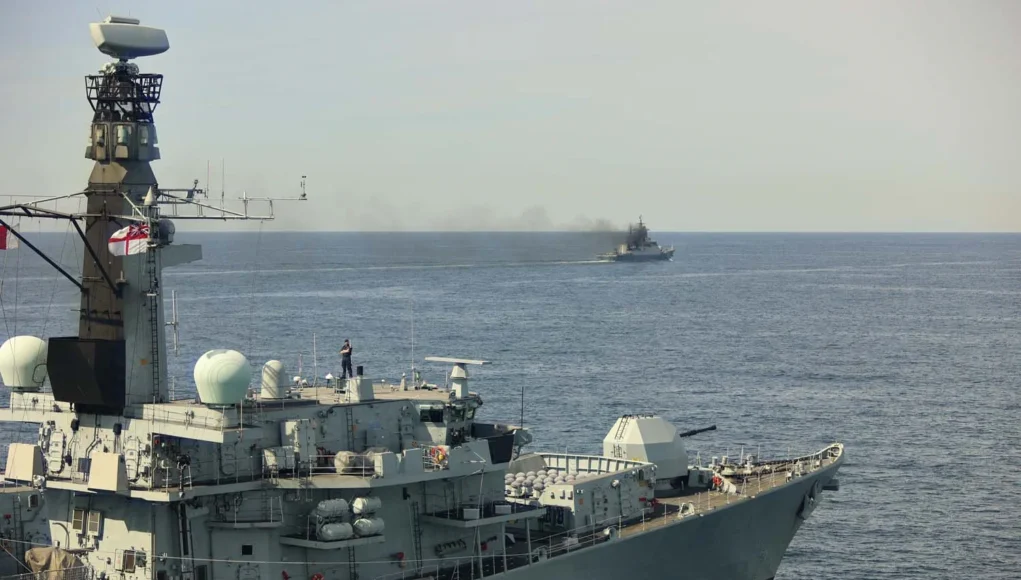
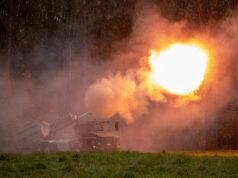

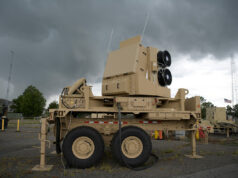




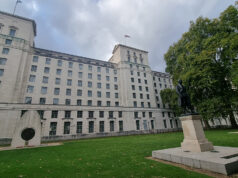
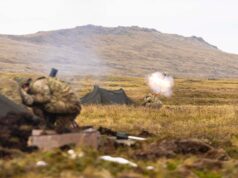
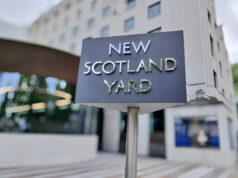

Hmm, more warnings. Helpful but we have heard them before and little actually changes. This pattern of national behaviour has been on-going for years and decades.
However, much could be achieved with little extra expense simply by better cross government coordination and making the public more aware of the threat and risks, both in the grey zone and the overt military.
I have often wondered whether changing the messaging and being more forceful and honest about the actual threat from Russia and the wider CRINK Axis would help with recruitment and acceptance for an increase in defence spending.
There have been a number of reports in the BBC in the last couple of days around the Yantar spy ship, with Steve Rosenberg reporting from Moscow saying that a Russian news outlet recently published a list of top threat countries to Russia. The UK topped the list..! Not the US or Germany or Poland, but UK!
That should be a chilling warning to the UK population as it meaning we are in Russia’s sights, all of us. Not a good position to be given the poor state of our societal and military readiness.
Healey’s warning to Russia was welcome, but I wonder what he actions he has in mind and more importantly with what does he intend to act? We do have a range of capabilities, but there are an awful lot of gaps as well…
Cheers CR
I’ve spent a lot of time reading and watching Russian media, and Russian nationalists have a bizarre view on the U.K. Simultaneously to them, the U.K. is:
– A weak, decadent, soft has-been that has succumbed to the excesses of liberalism and has all but collapsed under the weight of mass immigration, globalisation, and the cost of servicing a lazy population more interested in handouts than anything else
– The architect of all geopolitical machinations, particularly those that have an adverse effect on Russia. The U.K. is the secret head of the totem pole of all Western countries, especially as they call it the “Ango-Saxon” countries, and directs all other nations to do its bidding to undermine Russia
Obviously, we know which of those is closest to the truth. To Russians though, the obviousness of the contradiction alludes them
Is it possible that you being confident it’s the former means you are also a victim of propaganda? I don’t claim to know much but I do believe we are all victims of propaganda one way or another.
Would just point out I said which is closest to the truth – not the absolute truth
It is possible, contrary to the beliefs of a lot of people, that we are actually still a pretty powerful country that can respond adequately to threats when we need to. There aren’t many countries that are always well prepared for a war that might not happen. There also aren’t many countries that are as naturally gifted geoghraphically when it comes to defending ourselves. It would just be nice to see some nationalism in this country for once. We are bloody good at a lot of things. Nobody will ever be happy with any government we have ever. It’s getting boring hearing about it constantly. This isn’t directed at you by the way.
Completely fair comment, it is too easy to get overwhelmed in the doom and gloom. Very little to be optimistic about unfortunately
Hmm, interesting indeed Levi,
Thing is it reads like a classical conspiracy theory which is dangerous enough, but the fact that it is peddled by Russian (mainstream?) media there is a pretty good chance that the Russian state at least approves the story even if it is not actually orchestrating it.
Seems to me that the Russian state has an unhealthy fixation on the UK which brings to mind the recent podcast on Sky about us being the target of a Russian maritime strike… I don’t think they would go quite that far, but I could see them cutting some of those internet cables given the trillions of dollars of transactions that go through them every day. Would be a serious act of economic warfare.
Cheers CR
There is a persuasive argument that we should ‘be the Britain the Russians think you are’ and make a conscious effort to lead and direct the forces opposing Putin, as a means of improving our influence and stature in Europe and further afield.
Of course, that would require significant expenditure and a return to a Cold-war style force structure, and I don’t think this government will think that radically.
Let’s face it, that leadership won’t be coming from the USA until Trump/Maga leaves power.
The UK is in a position of huge opportunity, we just need to seize the initiative. Actually buying some kit would be a start…
I think such a move would be wise but as you say it is unlikely that the UK would put enough in to really justify such standing within eNATO. To be honest the UK, France and Germany have to greater or lesser extents abdicated their leadership roles within eNATO by over cashing in on the peace dividend. My reading of the situation is that Germany is in the best financial position of the three countries to recover it’s leadership position with France struggling. How we fair will depend on how the government manages the economy and defence spending. The omens are not particularly positive at the moment. (Going in for a bit of British understatement there, just for tradition’s sake 🙂 )
We will see…
Cheers CR
Early stages of hybrid warfare? Arguably Russia’s hybrid warfare against and in the UK started in March 2018 with the chemical warfare attack in Salisbury.
Some might go further back citing the first Cyber attacks on the UK which started soon after 2007 and intensified after 2015. The more recent cyber attacks included targeting parliamentarians from several political parties as well as universities, commercial companies, the NHS, journalists and NGOs; the Star Blizzard group is considered to be the group behind the attack and they are sponsored by the Russian government.
Russia is beleved to have interfered in the Brexit debate and referendum of 2016.
Some might go back further to the times when spy trawlers first appeared off British coasts and their long range bombers first tried to penetrate our airspace.
Why are politicians so slow to wake up?
I agree – the problem has been the continual cuts in the face of this – so we are taken seriously.
I would say 2012-13 was the point Russia really started hybrid warfare in Europe.
The government certainly seems to have ramped up the rhetoric over Defence and the threats in the last week or so.
Is this them laying the groundwork for prioritising defence in the Budget over other functions of the state, or am I hopelessly optimistic?
We can only be optimistic and keep being rational and logical.
It’s all a bit sad really, I came into the Defence stuff to learn more about new tech and have fun discussing cool stuff. Politics reliably kills fun, especially when it is difficult to tell whether the cool stuff will ever be built.
Politics and defence are inextricably connected.
Unfortunately so, as there is no other source of such ingenuity and exacting requirements.
In every other sphere the problems are comparatively easy and hardly ever change- move stuff from place to place as cheaply and safely as possible.
Experience would suggest you shouldn’t get your hopes up if you’re expecting a turnaround in this country’s spine
We shouldn’t judge the UKs spine by the shower of leadership that’s foisted upon us.
Early? If this is early what has the last 10+ years been?